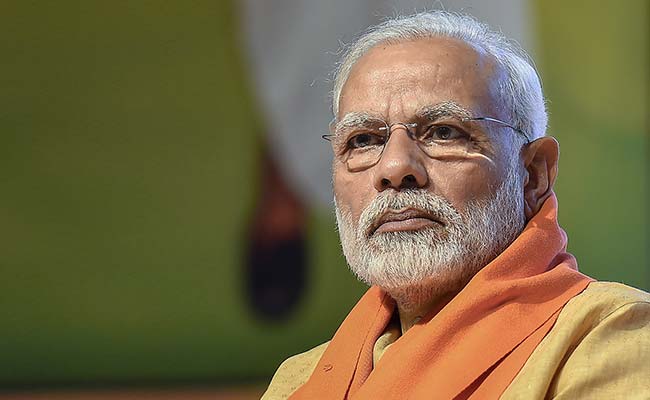The nation known for its rich tapestry of history and culture has been shaped by various leaders since its independence in 1947. The role of the Prime Minister, as the head of the government, has been pivotal in steering the country’s course. For students preparing for competitive exams, a thorough grasp of the Prime Minister of India list is not just about memorising names but realising the impact and contributions of these leaders. It’s about connecting historical events with the personalities who led this South Asian country during those times. Students should aim to appreciate how each Prime Minister’s leadership style and decisions influenced this nation’s journey.
Evolution of Leadership: From 1947 to Present
The journey of leadership in this republic began with Jawaharlal Nehru, a figure synonymous with the birth of a modern nation. His tenure set the foundation for a democratic and secular state. Following him were leaders like Lal Bahadur Shastri and Indira Gandhi, whose policies and decisions shaped the nation’s economic and foreign policies. Each Prime Minister brought their unique vision, leaving an indelible mark on the country’s fabric. As an aspirant, delving into their tenures provides insight into the evolving political and social situation. This evolution reflects the changing priorities and challenges of the nation, offering a nuanced sense of its political history.
Impactful Policies and Their Repercussions
Understanding the significant policies implemented by these leaders is crucial for comprehensive exam preparation. For instance, the economic liberalisation initiated in 1991 under P.V. Narasimha Rao transformed the economic face of this nation, a topic often highlighted in competitive exams. Similarly, the tenure of Atal Bihari Vajpayee is noted for infrastructure development and foreign policy initiatives. Analysing these policies helps students decipher the complexities of governance and economic strategies. It also enables students to connect historical policy decisions with current economic conditions and global standings.
Leadership in Times of Crisis
This South Asian giant has faced numerous challenges, from wars to economic crises. The ability of its Prime Ministers to deal with these tumultuous periods is a testament to their leadership. Examining how leaders like Indira Gandhi managed the 1971 war or how Manmohan Singh navigated the 2008 global financial crisis offers valuable lessons in crisis management and decision-making. These case studies not only highlight the leadership qualities required during crises but also showcase how decisions taken at crucial junctures can shape a nation’s destiny.
Personalities Behind the Power
An often-overlooked aspect in exam preparation is comprehending the personalities of these leaders. From Jawaharlal Nehru’s philosophical outlook to Narendra Modi’s emphasis on technology and digital governance, these personal traits influenced their leadership styles and policies. This knowledge not only adds depth to your exam answers but also provides a more human perspective to political study. It’s crucial to recognise how personal beliefs and characteristics can affect national policy and public life.
Current Trends and Future Directions
Keeping updated with the current political scenario and potential future trends is crucial. The present government’s focus on digital initiatives, economic reforms, and international diplomacy underlines the evolving nature of leadership. This awareness helps students stay relevant and provide insightful answers in exams. It also equips them to foresee the potential trajectories of political developments.
In conclusion, the prime minister of India list is more than just names and dates; it’s a chronicle of leadership that has shaped the nation. By exploring the evolution of leadership, impactful policies, crisis management, personal attributes of the leaders, and current trends, students can gain a comprehensive knowledge of this country’s political journey. This knowledge is not just key for acing exams but also for becoming informed and responsible citizens. As they prepare for their exams, students should remember that understanding these leaders and their legacies is a journey into the heart of the democratic evolution of this South Asian republic.
Read more articles for anmolideas



